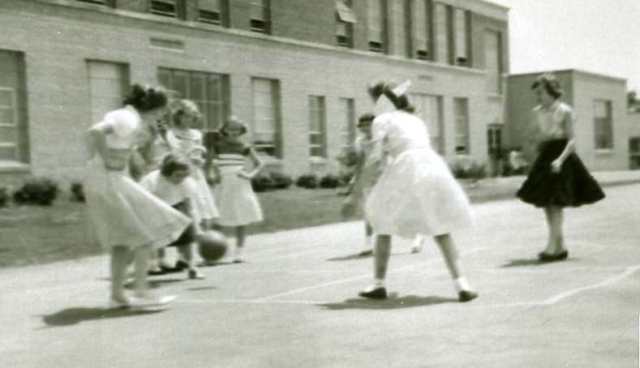No criminal was more contemplative, more determined to understand life and all its offerings, as well as his proper role in it, than Desseray. Still, he drew a complete blank on what pigeons symbolized.
Even in the slammer when his fellow inmates were pumping iron in the yard and roughing each other up as boys will, esp. when they're in boys-only company -- this behavior being elegantly depicted in Moby Dick -- even then, in Howard's shameful incarceration, he peered deep inside his soul, spending hours in the joint's library (Howard hated the term "media center") learning from Joel Osteen, Seneca, Kim Kardashian, Cicero, Meister Eckhart, Socrates, Zeno, Tony Robbins, Diogenes, Anaxagoras, Ivanka Trump, Plato, Paul Tillich, Norman Vincent Peale, Schopenhauer and every Chicken Soup for the Soul book he could get his hands on.
It isn't overstating all that much to claim that Howard would've been a saint had he lived in another time or in a Flannery O'Connor short story. God knows, he was a diligent seeker, and you can't ask for much more than that.
From the time he was a child, learning the abduction trade from the man he wrongly assumed was his biological dad, Howard had felt moved to pray, more to make himself a human satellite dish than a transmitter to the stars, desiring only to sense the presence of God, or something in His league, to get some Divine Feedback and elude Hell, should such a thing exist.
As an abductor, what could he expect from the God of Love? On the one hand, nonstop punishment, but on the other, well, didn't Our Lord HimSelf say He would come like an "abductor in the night," according to the Braxton-Hicks translation? Yes, it was an abductor, not a CEO or school superintendent He compared himself to!
And didn't Howard himself approach his beloved abductee Tally in a similar manner, surprising her, for example, while she was enjoying a Marlboro Menthol Light 100 during a brief break from her rigorous Advanced Placement welding class? Was she not just as taken aback as the people of Noah's time who were joking around, telling Nephilim jokes, and tossing back some Pale Ale Hebrewskis at the local Micro-Hebrewery when suddenly the rains came?
Mainly, Howard just wanted Him to stop hiding, for God's sake. For an abductor, of course, a hiding pre-abductee is the great thief of time, and time is money.
(In the Big House, his cellmate Rufus had turned Howard on to Emily Dickinson, and he agreed with her take on the Almighty: How can He ask us to surrender our autonomy, our name, in a sense, if He's not gonna show His face once in a while?)
"Hey, Toto," Howard thought to himself, "give the veil a tug and show us what's behind it!"
Miss Ellie Mae Quackenbush, his Sunday-School teacher, a gentle, well meaning sexagenarian who was a little heavy-handed with the rouge, possibly in an effort to draw attention away from the marble-sized wart on her right eyelid, taught him how to pray -- the stuff with the hands and kneeling and all of that, and she even said it was okay to pray silently, because God could hear inside your head.
Howard's first response was "I'm so screwed," but he let go of his fear and dread, and vowed to make prayer a nightly ritual for the reasons mentioned previously.
What was it like for someone as far down on the food chain as Howard to chat with the Creator of the Universe? Could a lowly (but talented) abductor possess the moral strength, the laser-sharp concentration, the clarity of vision, the purity of thought, the spiritual volition to propel his prayers past Earth's confining atmosphere, outward through the firmament to That Which Is?



)



